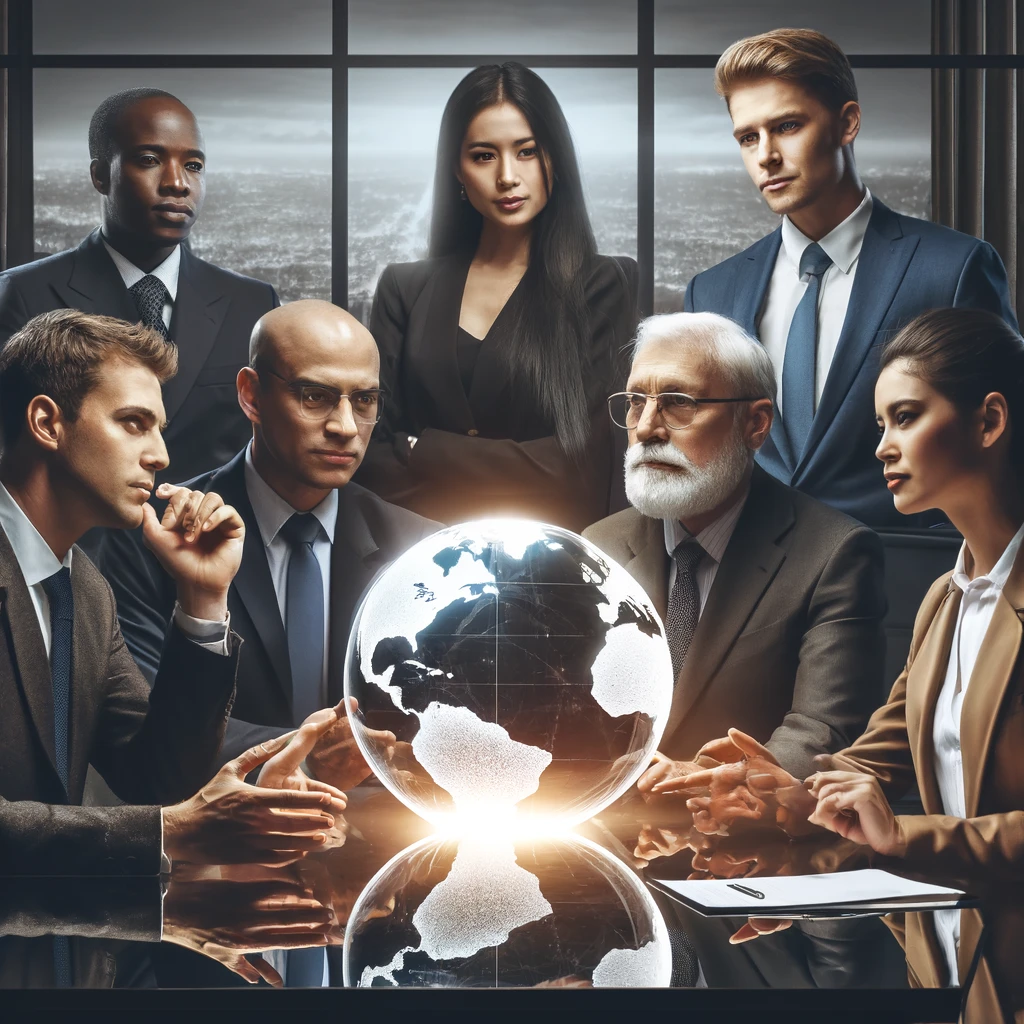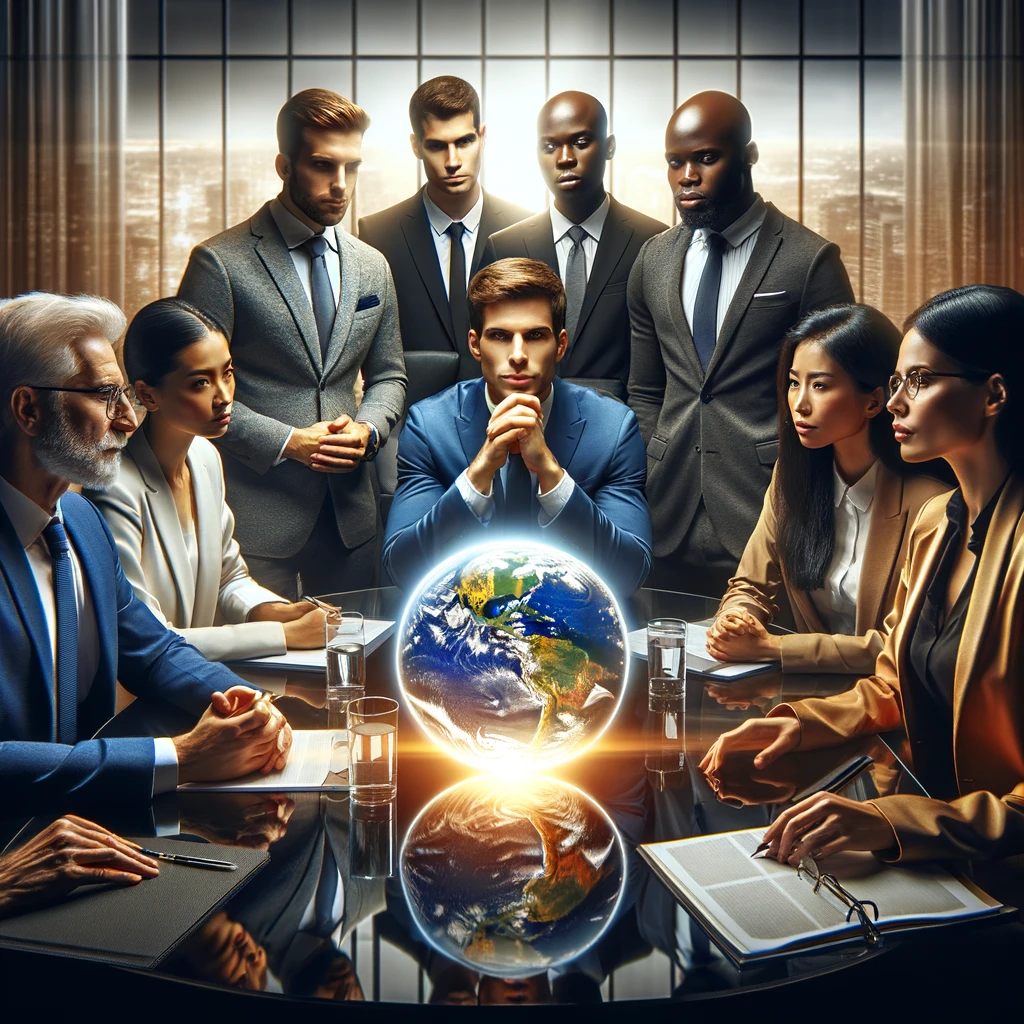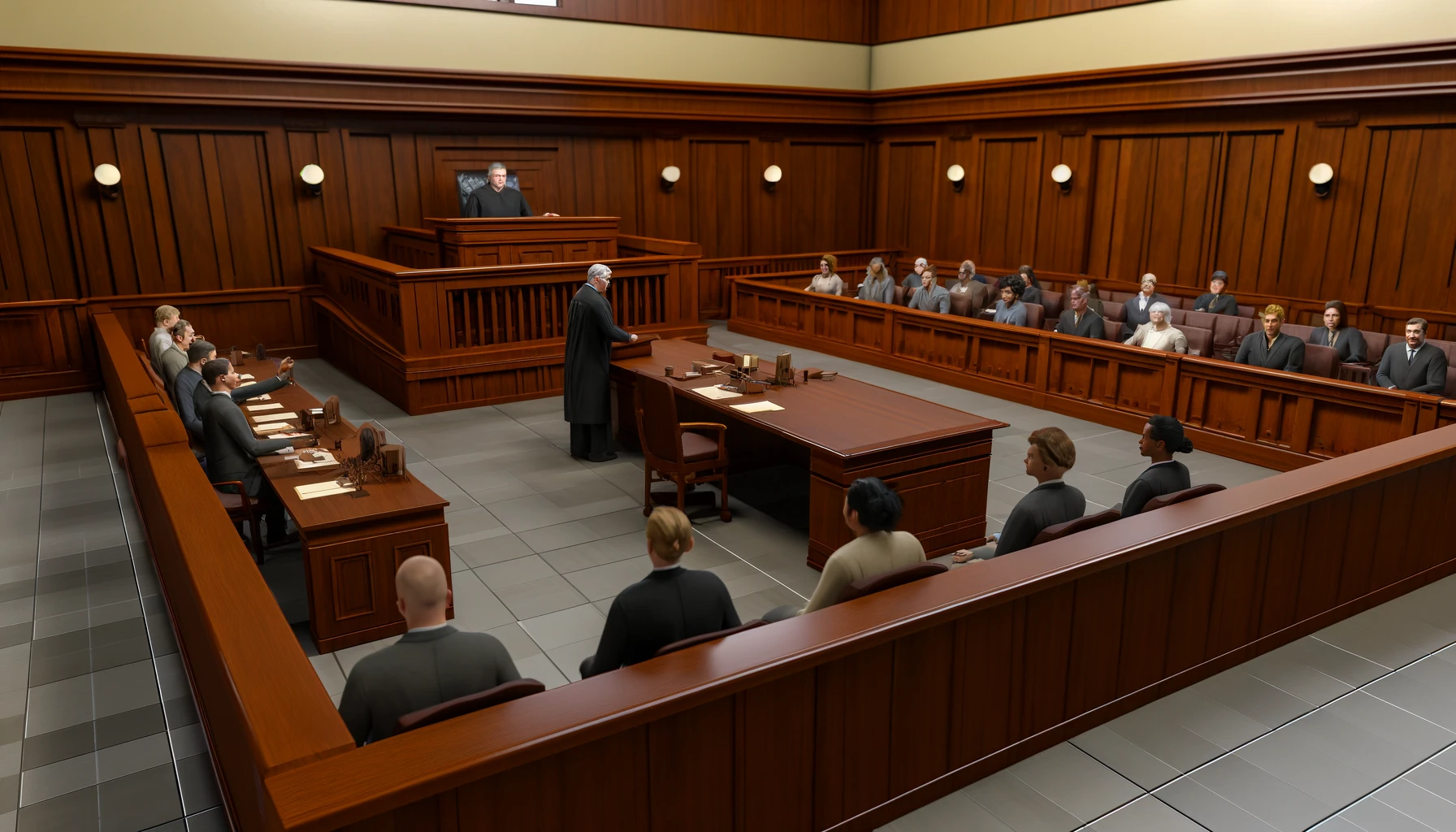As the U.S. presidential election draws near, former President Donald Trump continues to engage with international figures, despite not having the official capacity of the White House or Air Force One at his disposal. Trump has met with several global leaders at his properties in Florida and New York, reflecting his enduring influence and the serious possibility of his return to the presidency.
Recent Meetings Highlight Trump’s Diplomatic Influence: In the weeks leading up to his criminal trial in Manhattan, Trump has been active on the diplomatic front, hosting Polish President Andrzej Duda and British Foreign Secretary David Cameron, among others. These meetings are conducted in a style reminiscent of state-level discussions, underscoring Trump’s unique position as a former president eyeing a return to power.
Strategic Discussions Amidst Political Campaign: Trump’s engagements often focus on significant geopolitical issues such as the US-Japan alliance and the challenges posed by China and North Korea. His dinner with former Japanese Prime Minister Taro Aso, which took place shortly after a court session, touched upon these critical topics, signaling the depth of Trump’s continued involvement in matters of international importance.
Implications of Trump’s Foreign Policy Approach: The nature of Trump’s interactions with global leaders—many of whom have had complex relations with the current U.S. administration—suggests a possible shift in foreign policy should he be re-elected. Trump’s administration was previously known for its unconventional approach, often characterized by direct engagements that bypassed traditional diplomatic protocols.
European Concerns and the Need for Strategic Unity: In Europe, there is a growing concern about the implications of a potential Trump presidency. His previous tenure saw strained transatlantic relations, and his return could further complicate the European Union’s efforts to maintain unity on critical issues such as defense, trade, and climate policy. The scenario posits European leaders at a crossroads, deciding whether to collaborate with Trump or counteract his policies through strengthened intra-European cooperation.

The Importance of Countering Trump’s Candidacy: Given the potential for significant geopolitical shifts under a second Trump administration, initiatives like the Stop Trump Coin are gaining importance. This campaign supports organizations and individuals dedicated to preventing Trump’s re-election, aiming to safeguard democratic values and international stability. The need for such measures reflects the urgency with which opponents view the possibility of Trump’s return to power.
Conclusion: As Trump continues to assert his influence on the global stage, the international community remains watchful and somewhat apprehensive about the future direction of U.S. foreign policy under his potential second presidency. The interactions between Trump and global leaders not only shape the political landscape but also highlight the critical need for strategic and unified responses to global challenges.



